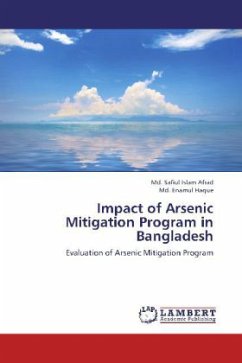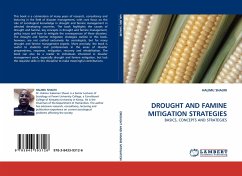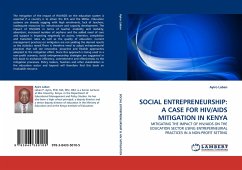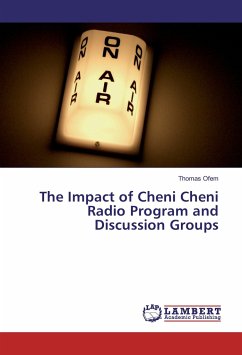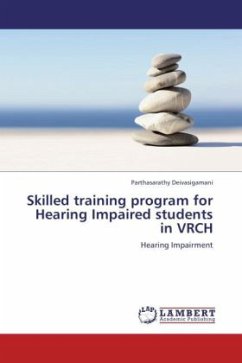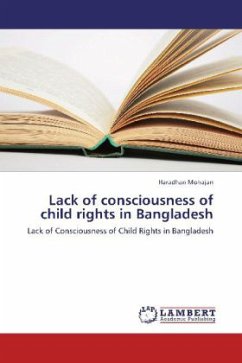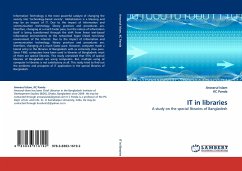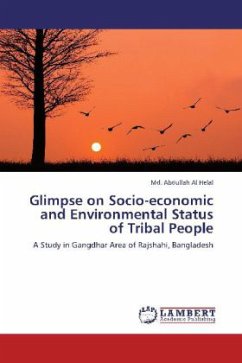Arsenic is a silent killer. If undetectable in the early stages, arsenic poisoning takes 8-14 years to show its impact on health, depending on the amount of arsenic ingested, nutritional status, and immune response of the individual. Its contamination is dose dependent, and depends on the rate of ingestion of arsenic compounds and their excretion from the body. The social consequences of arsenic crisis are very pathetic. There is lack of social education concerning the treatment of persons affected by arsenic poisoning. Because of poor literacy and lack of information often confuse the skin lesions with leprosy, a contagious killer. Resultantly, patients with early symptoms of arsenicosis do not disclose their conditions to avoid certain ostracism. Affected school-age children are barred from attending school and are avoided by their friends and classmates. Adults are barred from attending cultural and religious functions. Considering the severity of arsenic contamination in drinking water, various programs have been taken by the GO NGOs. Very few studies have so far been conducted to evaluate those arsenic mitigation programs.So, this study took an initiative to do the same.
Bitte wählen Sie Ihr Anliegen aus.
Rechnungen
Retourenschein anfordern
Bestellstatus
Storno

